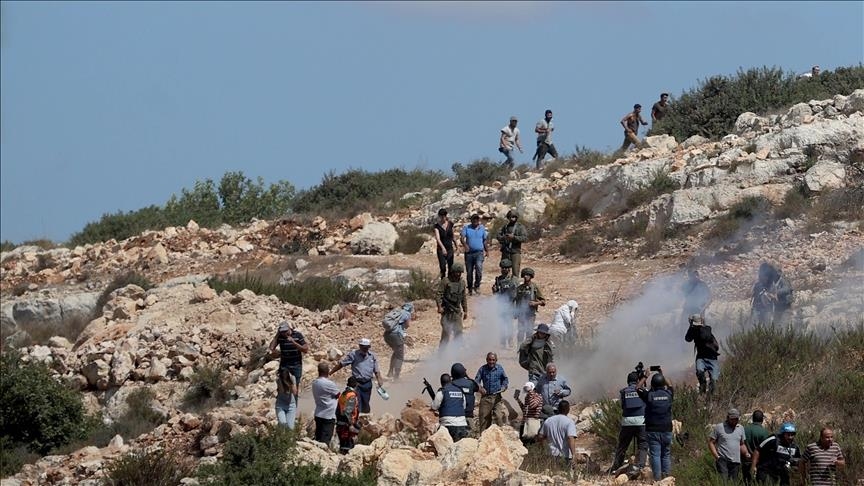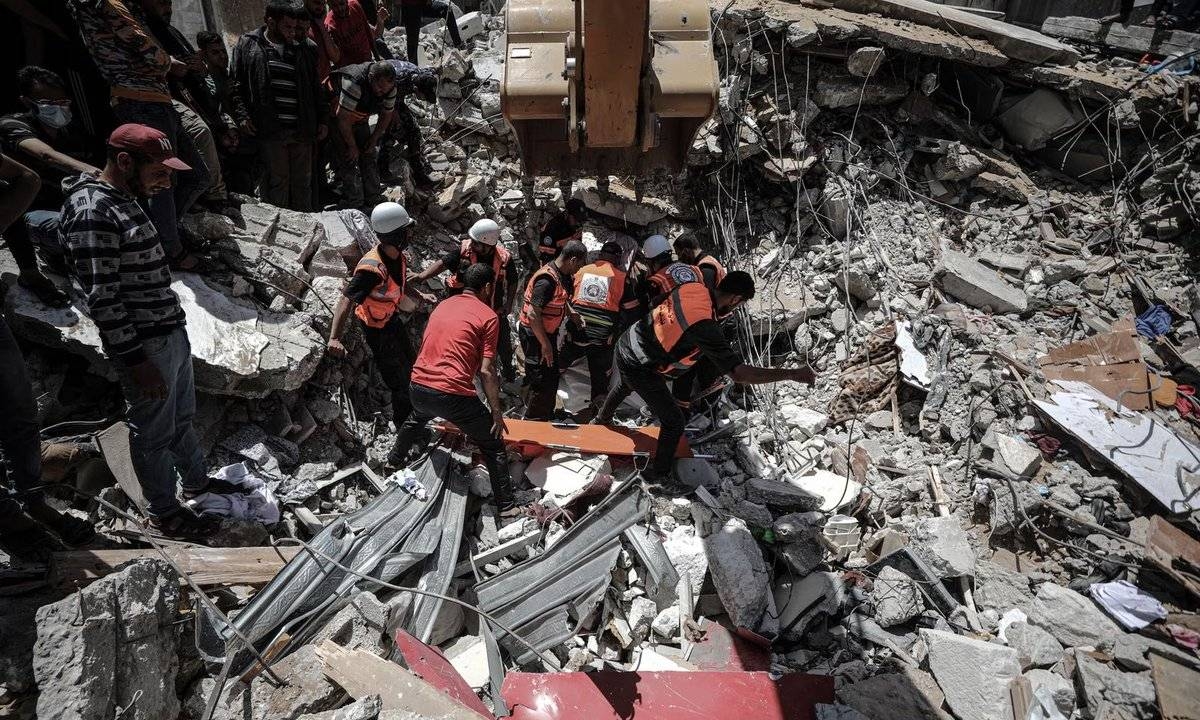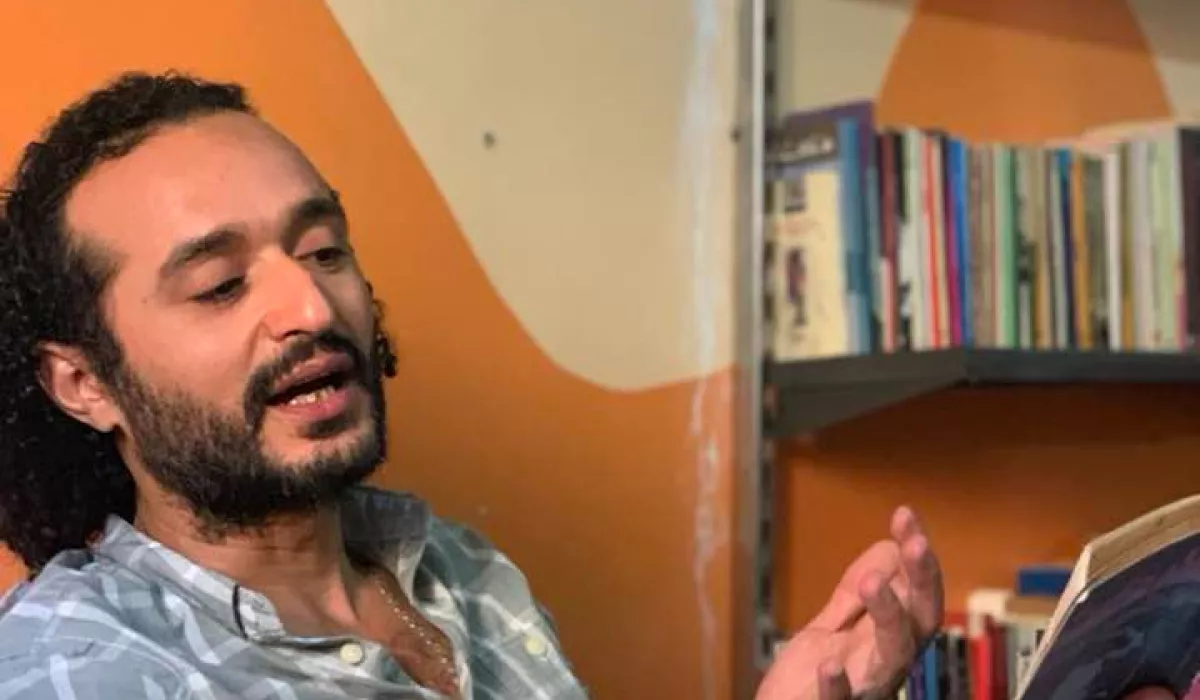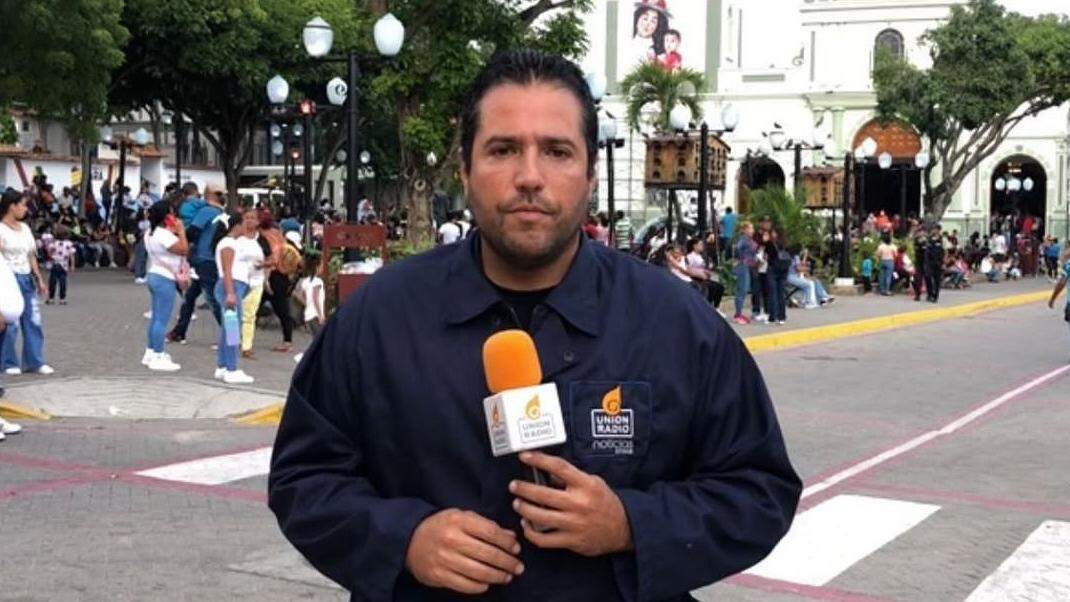
Immigration Crackdown Hits Venezuelan Journalist in Florida
November 8, 2025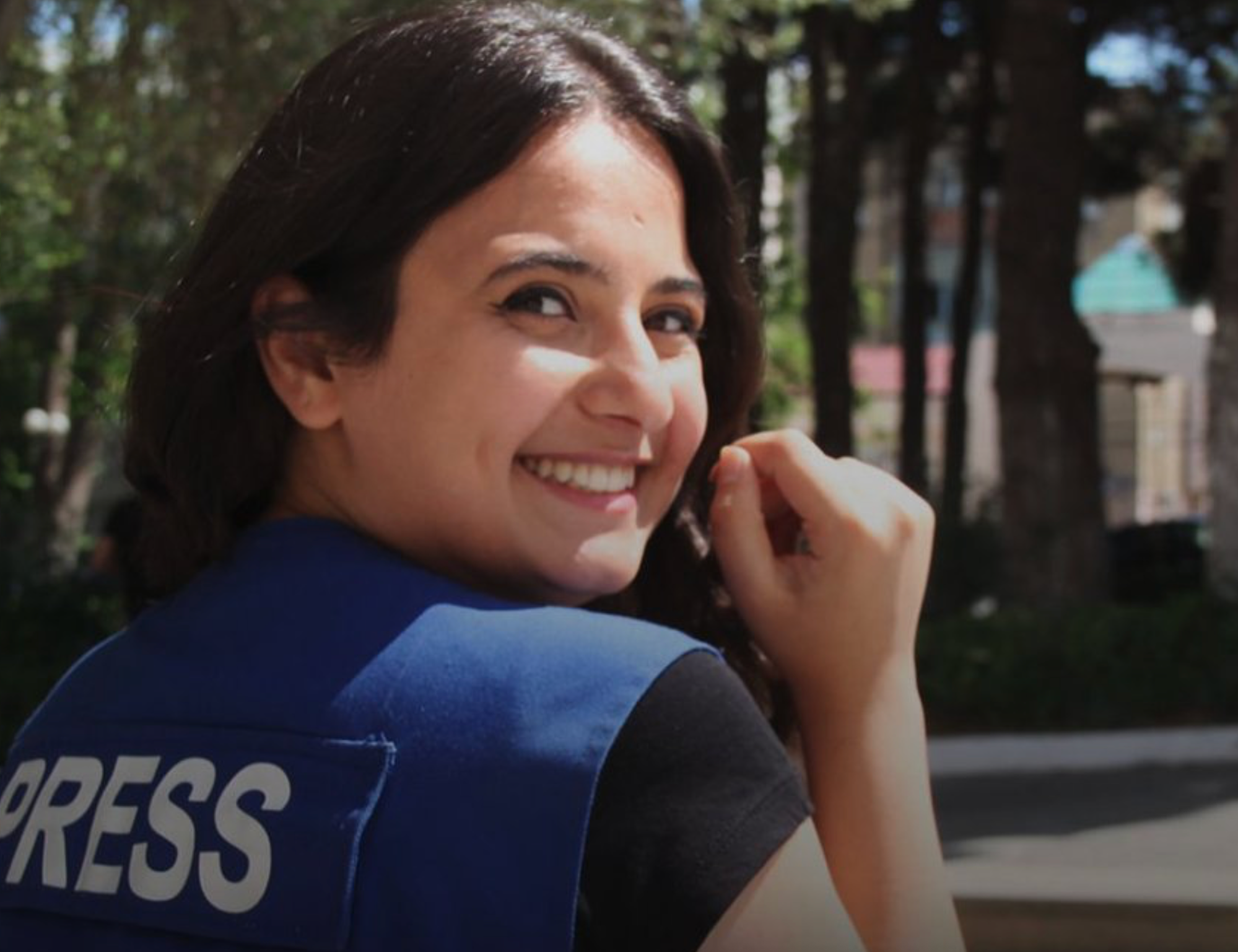
Awarding Courageous Voice to Nargiz Absalamova
November 8, 2025November 08, 2025 – Palestine –
On Saturday in the occupied West Bank near the village of Beita, south of Nablus, Palestinian farmers, foreign activists, and journalists came under assault by dozens of masked Israeli settlers during the annual olive-harvest period that began in October. The crowd had gathered for the harvest and documentation of the season when the out-post-based group launched a coordinated attack, throwing large rocks and beating participants with sticks and clubs. Among the victims were two employees of the international news agency Reuters—journalist Raneen Sawafta and security adviser Grant Bowden—both marked clearly as press and wearing helmets at the time. Their camera and equipment were destroyed in the assault.
According to the United Nations Office for the Coordination of Humanitarian Affairs (OCHA), the number of settler attacks in the West Bank in October 2025 reached a record high of at least 264 incidents—the highest monthly tally since tracking began in 2006. Local health officials reported that in the Beita incident alone, eleven people were treated for injuries, including bruises and head wounds. In a related incident nearby, one Palestinian man was fatally shot and seventeen others were wounded, among them international volunteers and journalists.
The escalating violence comes amid a harvest that Palestinians say is under siege: years of harassment, land grabs, and limited army intervention have transformed what should be a cultural and economic tradition into a campaign of intimidation. The agrarian season also carries deep symbolic weight; olive trees represent lifetime investment and heritage for Palestinian families, and the loss of access or destruction of groves strikes at identity as well as income. Despite repeated calls by rights groups for accountability, local Israeli authorities have rarely held perpetrators of such attacks to account, reinforcing a sense of impunity among settler elements.
Journalists covering the harvest now face exceptional risks and are increasingly targeted, according to the Palestinian Journalists Syndicate. They cited deliberate attempts to silence coverage of land seizures and settler violence, including the use of live fire and destruction of press equipment.
As this season progresses, international observers warn that unless protective measures are implemented and deterring action is taken, the olive-harvest region may become a permanent zone of contestation where agriculture, journalism, and human rights collide.
Reference –

